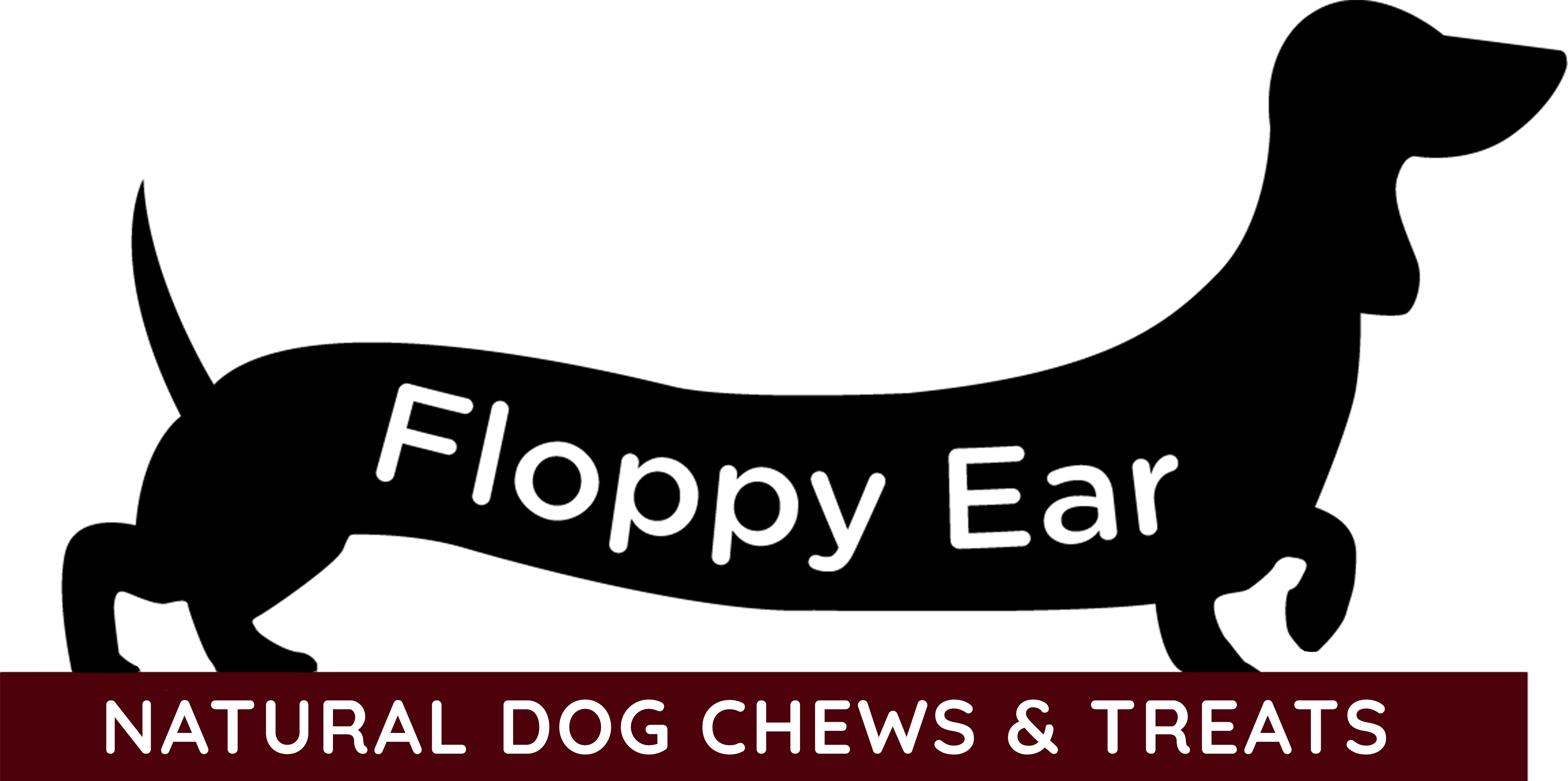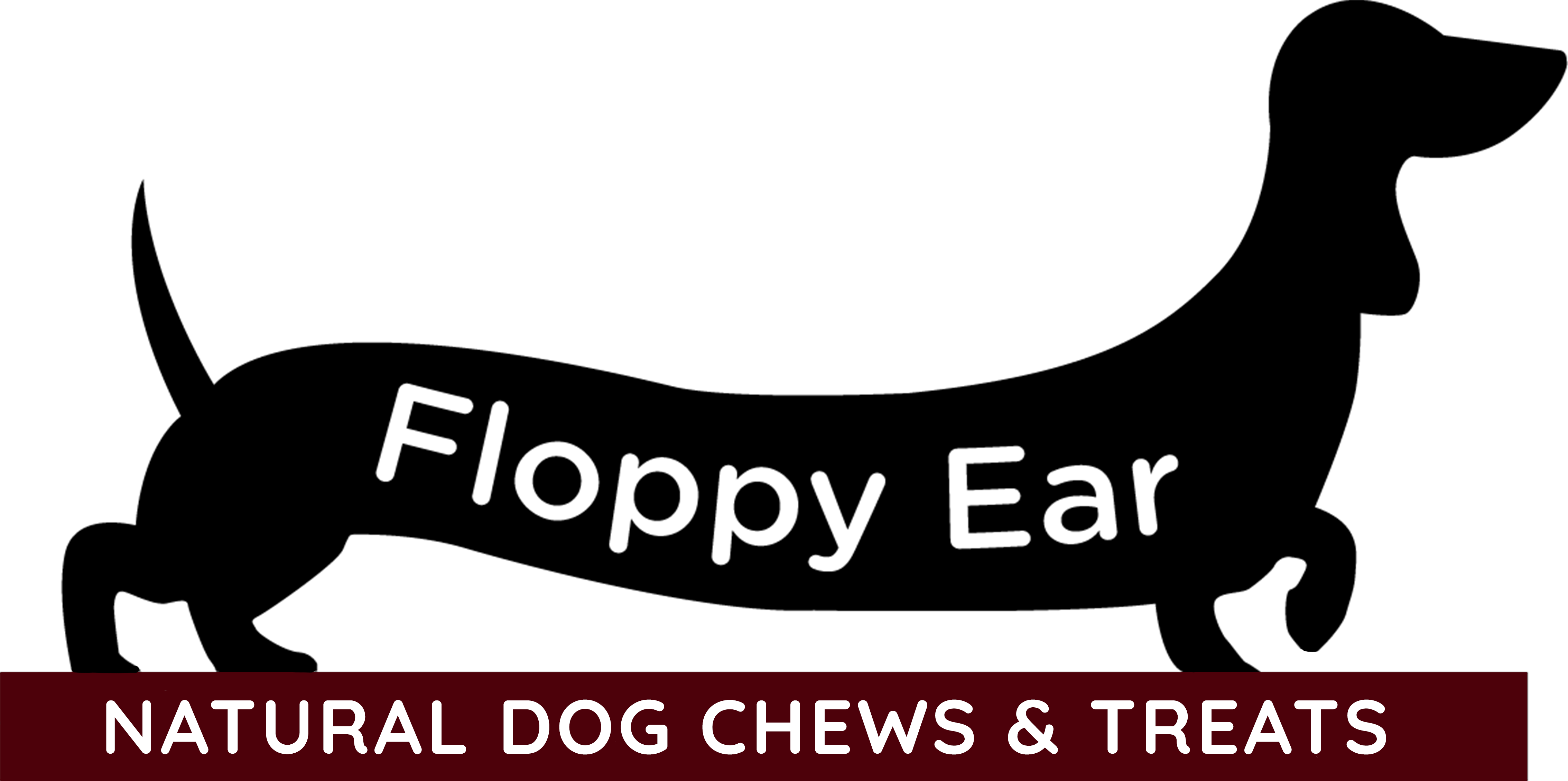Chewing Importance
Why Does My Dog Need It?
Chewing has important benefits for your dog — from promoting overall well-being and dental health to mental stimulation and supporting your dog’s natural instincts. A long-term chew is something that should both taste great and hold your dog’s attention for more than 10 minutes.
There are two different kinds of long-term chews: digestible and non-digestible.
A digestible chew is any chew that can be eaten and through digestion be absorbed and utilized by the body. For instance, a yak chew or an antler would be considered a digestible long-term chew. A non-digestible has potential for danger and should not be swallowed. Examples might include a nylabone or cow hoof.

Why Long-Term Chews Should Be Part Of Your Dog’s Diet
Chewing is a natural, instinctual behavior, and dogs chew for a variety of reasons. Leave any dog to their own devices and undoubtedly they will “get into something” they shouldn’t. We’ve all known dogs that chew on wooden sticks outdoors—and though this may seem natural—it isn’t. They are simply mimicking behavior that would have taken place when breaking down their prey in the wild. Wood sticks are not safe for dogs to ingest as they might puncture different areas of the mouth and could potentially cause damage to their gastrointestinal tract.
That said, we would highly recommend of using digestible chews that are natural and consistent with a carnivore diet, including yak milk chews, antlers, skin chews— all animal parts that a dog would chew on in the wild.
In nature, dogs are hunters and scavengers and instinctively chew on parts of their prey as well as found parts from animals that have been left behind (for example, natural shed antlers.) These parts can provide a variety of different nutrients, including vitamins, trace minerals, calcium, and protein.

Chewing Supports Mental Well-Being
Chewing naturally increases a dog’s overall well-being. The repetitive action of chewing releases serotonin and dopamine, two important neurotransmitters in the brain that support mental health, and a feel-good vibe.
Dogs in every stage of life benefit from chewing, but it can be especially helpful for those in the puppy stage. Not only can chewing help calm young dogs when being removed from their mother and littermates, but it can also help with the pain and discomfort of teething.
Chewing to Beat Boredom
Chewing also promotes mental stimulation, and when your dog is mentally stimulated they are actively engaged in the task at hand.
It is said that a dog will tire faster from mental activity than from physical activity. We are not encouraging you to stop physical exercise, but think how helpful this information is on rainy days or times when you are unable to provide physical exercise for your dog.
The act of chewing requires concentration. It tires a dog because they have to determine so many variables, such as “how am I going to eat this/what do I have to navigate around/which side of my mouth am I going to use?” All of this mental activity is going on in their brains as they nibble away.

Chewing to Promote Dental Health
When a dog chews it promotes the production of saliva, which helps to flush away any bacteria that might have built up in the mouth. This same bacteria is also responsible for bad breath and is directly related to cardiovascular health.
Chewing is great for dental health because it decreases plaque and tartar build-up. In the wild, dogs would eat the fur, elastic tissue and bones of their prey which would provide a natural brushing effect on their teeth. Our domesticated dogs aren’t eating in a way that provides these natural brushing effects, so long-term chews can fill this void in their diet and can help remove plaque and tartar by scraping against the teeth while also removing debris.
In addition, when your dog is chewing, they are exercising their jaw muscles, which helps promote jaw bone health. Therefore, the more you encourage chewing, the better your dog’s overall health is going to be.

What is Safe Chewing?
It’s important to ensure that your dog is enjoying his long-term chew in a safe manner. To prevent your dog from swallowing a choking hazard, always keep an eye your dogs chew length-size.
Keep Calm, And Chew On
Appropriate chewing is an important part of your dog’s daily routine. It promotes overall well-being, dental health, mental stimulation and supports their natural instincts for chewing. So chew on!



